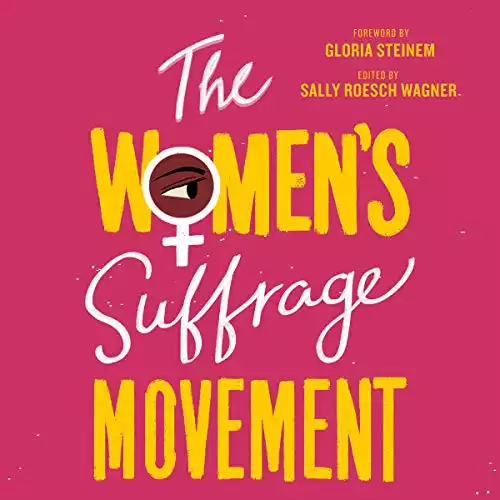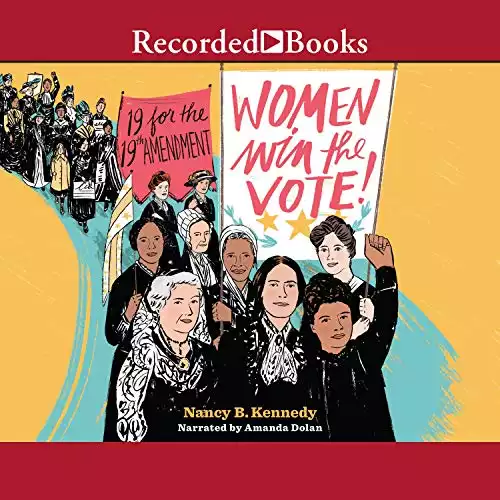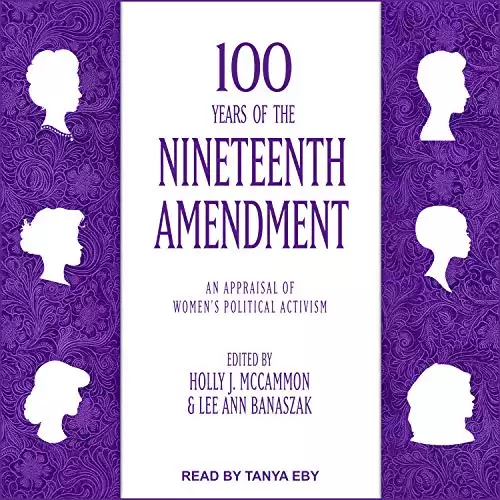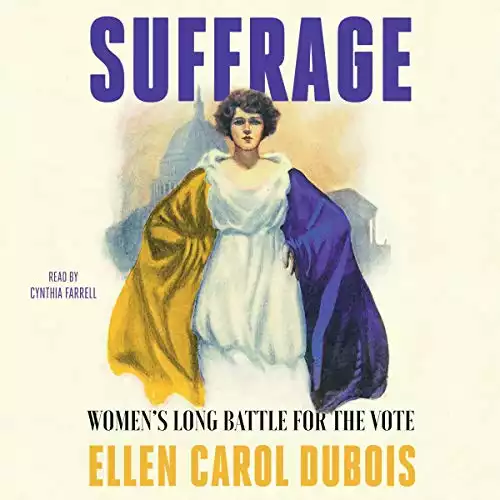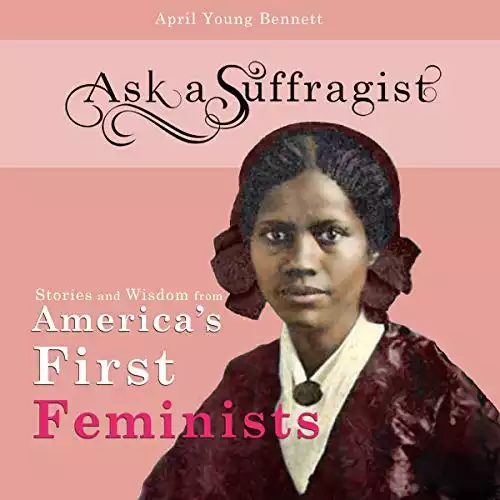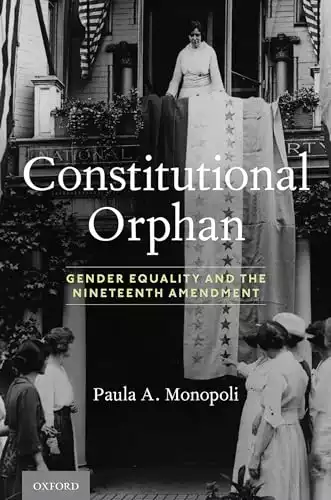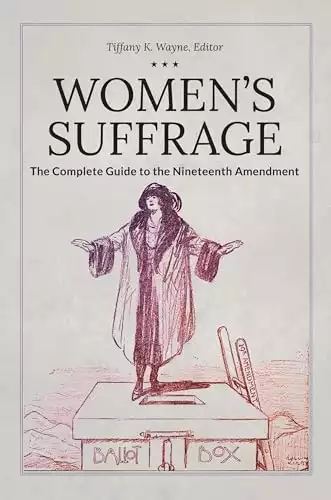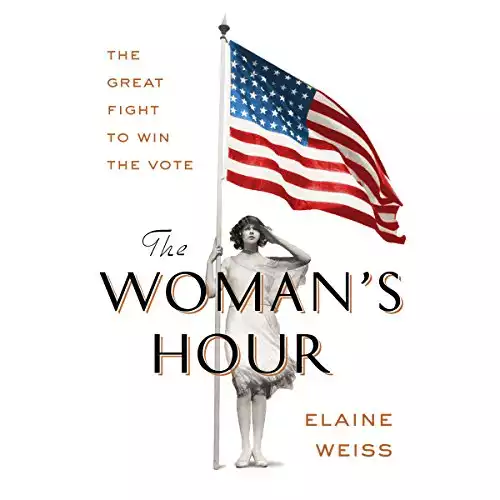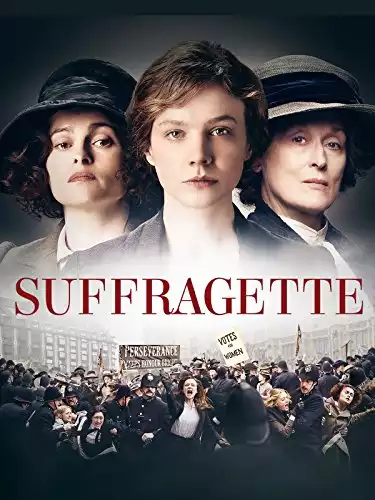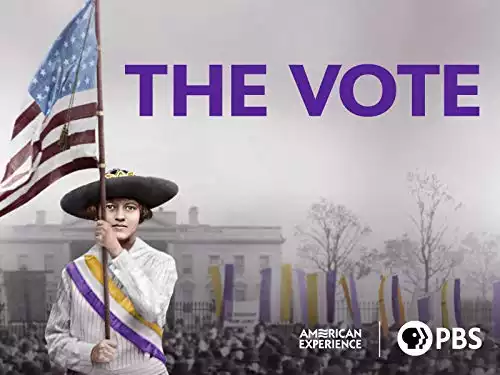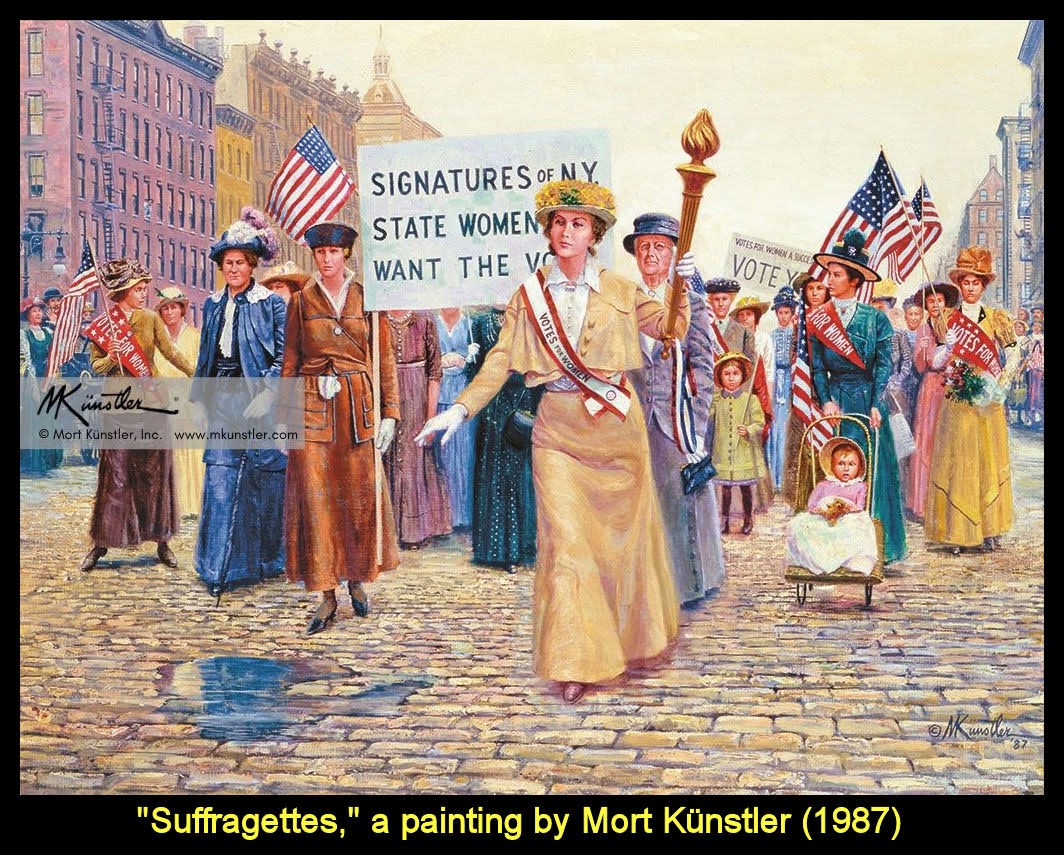 Each year since 1973, August 26th has been officially recognized as “Women’s Equality Day.”
Each year since 1973, August 26th has been officially recognized as “Women’s Equality Day.”
It’s a commemoration of the final approval of the Nineteenth Amendment to the U.S. Constitution.
That amendment, which guaranteed women the right to vote in all local, state and national elections, says:
“The right of citizens of the United States to vote shall not be denied or abridged by the United States or by any state on account of sex. Congress shall have power to enforce this article by appropriate legislation.”
In the 1800s, some progressive states had granted local voting rights to women. By the middle of that century, women’s groups began pushing for federal legislation giving all women nationwide the right to vote in all local, state and national elections.
The 15th Amendment, ratified in 1870, confirmed that black men and men of all other races had full voting rights. However, that amendment did not include women.
Women’s suffrage groups had to push for a similar amendment covering women for many more decades.
A proposal that would eventually become the 19th Amendment was introduced in the U.S. Congress in 1878. It was rejected. But women’s groups persisted.
The National American Woman Suffrage Association and National Woman’s Party organized countless marches and demonstrations aimed at getting Congress to do the right thing.
Finally, in 1918, President Woodrow Wilson, who had previously opposed voting rights for women, announced that he’d changed his mind and supported the women’s suffrage amendment.
He said his new position was partly based on the fact that women were playing an increasingly significant role in supporting America’s involvement in World War I.
In October 1918, Wilson stated in an address to the Senate: “I regard the extension of suffrage to women as vitally essential to the successful prosecution of the great war of humanity in which we are engaged.”
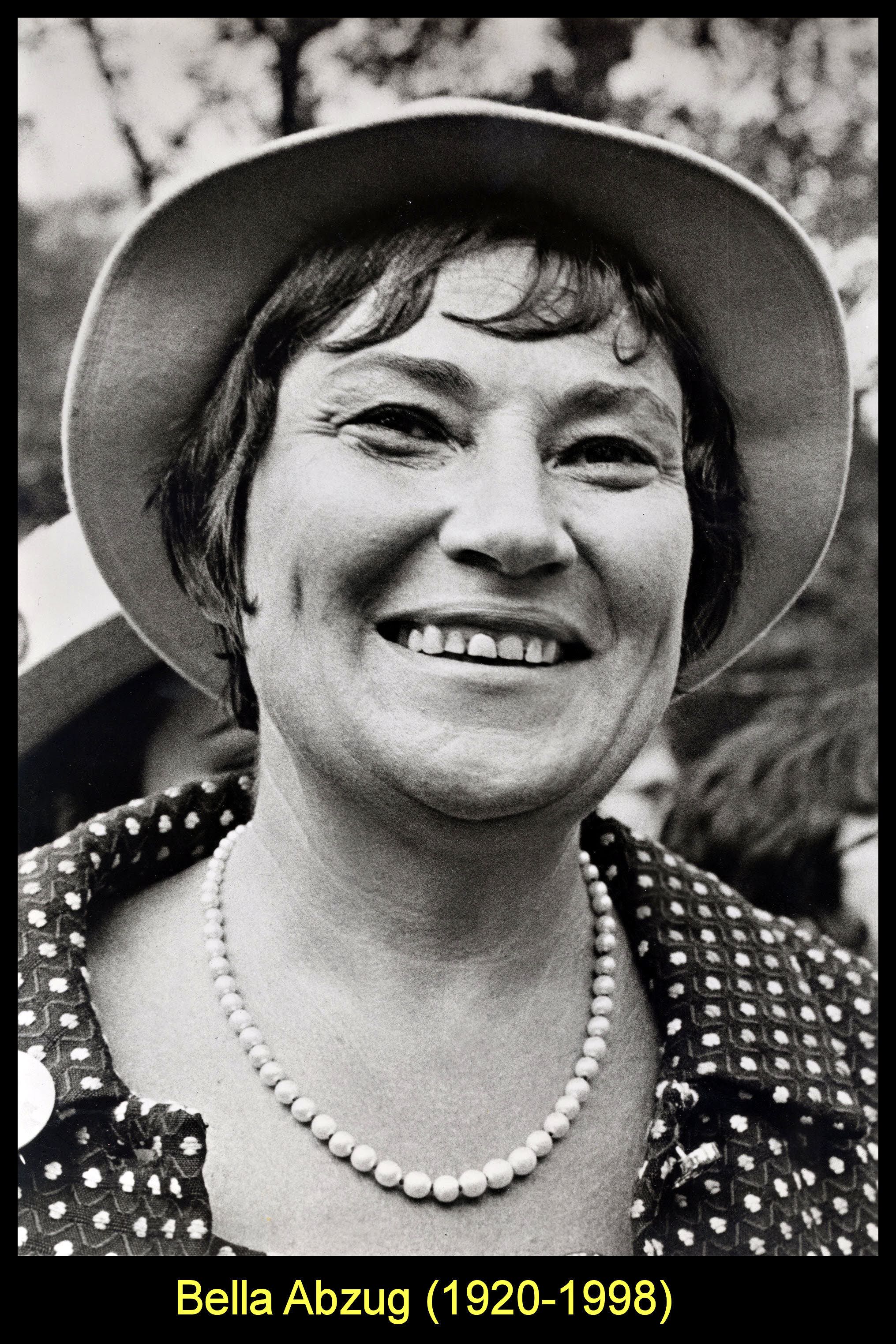 The president’s support, growing public awareness and acceptance of the evolving roles of women, and continued public pressure from suffragette groups eventually broke the logjam.
The president’s support, growing public awareness and acceptance of the evolving roles of women, and continued public pressure from suffragette groups eventually broke the logjam.
In May 1919, the U.S. House of Representatives passed the amendment. The Senate followed suit in June.
As required by the U.S. Constitution, the amendment then required ratification by three-fourths of all state governments. That meant 36 states at the time. (Now it’s 38.)
By March of 1920, the legislatures of 35 states had ratified the amendment. Most southern states remained opposed.
Then, on August 18, 1920, the Tennessee legislature approved the amendment by one vote and the 19th Amendment to the U.S. Constitution was ratified.
So, if the amendment was ratified on August 18, 1920, why was August 26 picked as Women’s Equality Day?
Because there was one final step in the process.
After a constitutional amendment has been ratified by the required number of states, it’s not official until it has been certified by the U.S. Secretary of State. At the time, that was Bainbridge Colby.
On August 26, 1920, Colby signed the proclamation that officially added the 19th Amendment to the U.S. Constitution.
However, that date was not named “Women’s Equality Day” until five decades later.
In 1970, Bella Abzug, a prominent New York lawyer, feminist leader and Democratic activist, won the Congressional election for New York’s 19th District. In 1971, after taking her seat, Abzug submitted a House Resolution to designate August 26th as “Women’s Equality Day.”
The resolution didn’t pass that year. But in 1972, President Richard M. Nixon (who was more socially liberal than some of today’s Republican leaders), issued a Presidential Proclamation naming August 26, 1972 as “Women’s Rights Day.”
In 1973, Congress passed another version of Abzug’s resolution officially designating August 26th as “Women’s Equality Day.”
Women’s Equality Day has been commemorated annually on that date ever since.
* * * * * * * * * *
Comments? Corrections? Questions? Email me or post them on my Famous Quotations Facebook page.
Related reading, viewing and listening…


